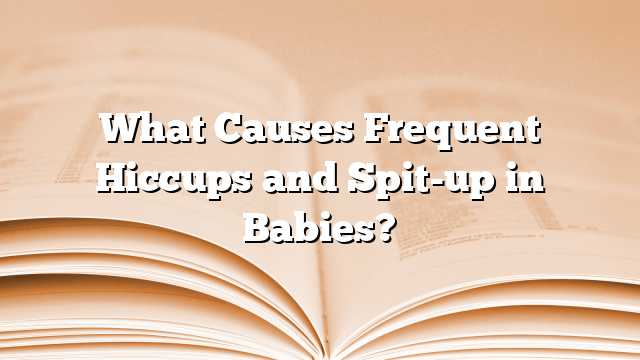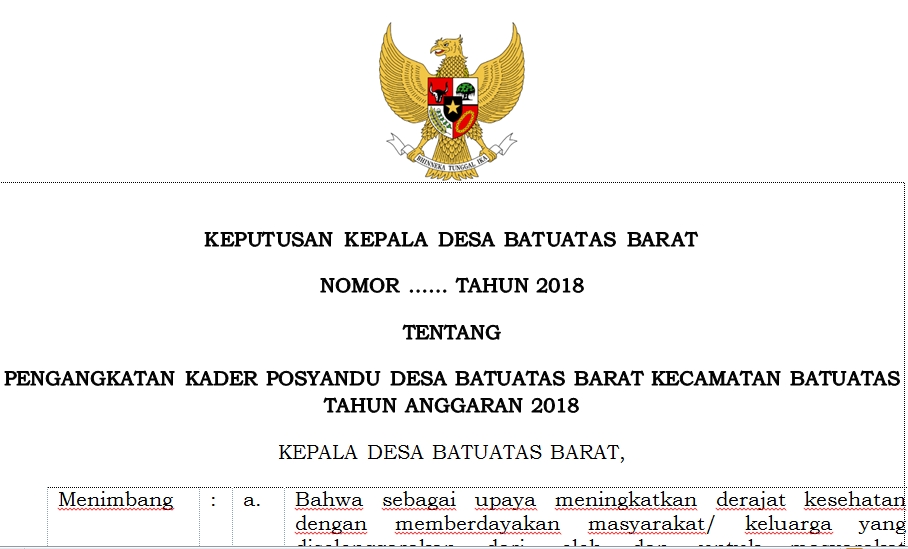Hiccups and spit-up are common occurrences in babies, and they can often leave new parents concerned. Both hiccups and spit-up are generally harmless and tend to resolve on their own. However, understanding the causes behind these occurrences can help put parents at ease.
Hiccups in Babies
Hiccups in babies are quite common and are considered a normal reflex. They occur as a result of the diaphragm muscle contracting involuntarily. While the exact cause of hiccups in babies is unknown, there are several factors that may contribute to their occurrence:
-
Feeding: Some babies may experience hiccups after feeding, especially if they eat too quickly or swallow air during bottle or breast-feeding. This can cause the diaphragm to contract spasmodically.
-
Overfeeding: If a baby is excessively full or has consumed an excessive amount of milk, hiccups may occur. This can happen when the stomach is distended and puts pressure on the diaphragm.
-
Immature digestive system: Newborn babies have developing digestive systems, and their diaphragm muscles may be more sensitive or easily triggered, leading to more frequent hiccups.
-
Temperature changes: Sudden temperature changes, such as exposure to a cold environment or a change in body temperature, can also trigger hiccups in babies.
It’s important to note that while hiccups can be bothersome for babies, they are usually harmless and do not cause any discomfort. Most episodes of hiccups in babies resolve on their own within a few minutes.
Spit-up in Babies
Spit-up refers to the regurgitation or vomiting of small amounts of milk or formula in babies, especially during or after feeding. While spit-up is common, it can be unsettling for parents. Here are some possible reasons why babies spit up:
-
Immature digestive system: Similar to hiccups, babies have developing digestive systems that may not function perfectly yet. As a result, the lower esophageal sphincter (the muscle that keeps the stomach contents from flowing back up) may not fully close, leading to spit-up.
-
Overfeeding: If a baby consumes more milk or formula than their stomach can hold, the excess may be expelled through spit-up.
-
Allergies or sensitivities: Some babies may have allergies or sensitivities to certain components in breast milk or formula, such as cow’s milk protein or lactose intolerance. This can lead to gastrointestinal discomfort and increased spit-up.
-
Reflux: Gastroesophageal reflux is a common condition in infants where stomach contents flow back up into the esophagus, causing irritation and spit-up.
Spit-up is generally considered normal if it occurs occasionally, does not cause pain or discomfort to the baby, and the baby continues to gain weight and grow. However, if spit-up is excessive, accompanied by other symptoms like fussiness, weight loss, or poor growth, it’s important to consult a healthcare professional for further evaluation.
In conclusion, hiccups and spit-up are common occurrences in babies and are usually not a cause for concern. Understanding the potential causes behind these occurrences can help parents feel more at ease, although it’s always important to reach out to a healthcare professional if there are any significant concerns or if the symptoms persist or worsen.




